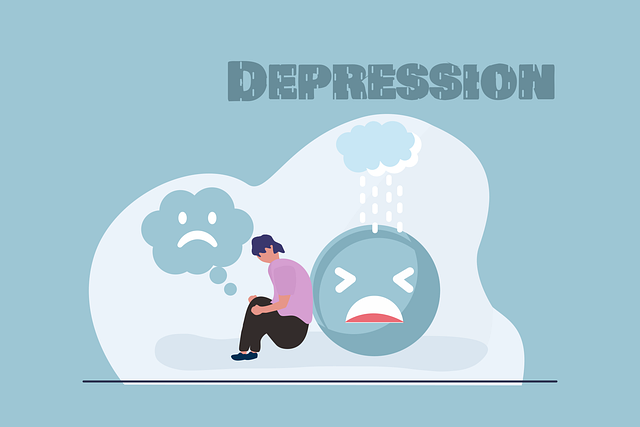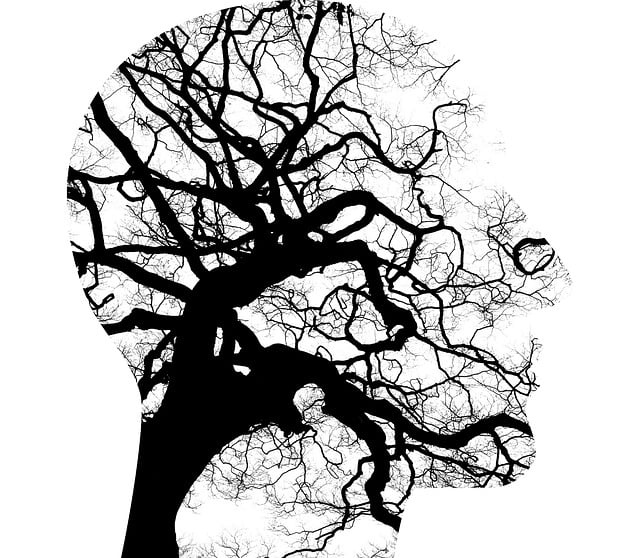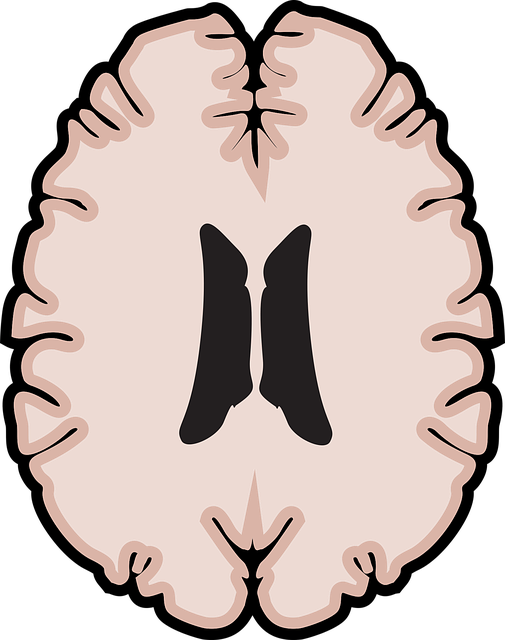In today's digital era, addressing mental health issues among Spanish-speaking children is urgent due to rising anxiety and depression rates. Language and cultural barriers hinder access to therapy. Crisis hotlines offer immediate support (24/7) with culturally sensitive guidance, connecting families to Spanish-speaking therapists tailored to their linguistic and cultural preferences. These therapists enhance hotline services, providing wellness coaching and stress management workshops. Holistic approaches include burnout prevention for healthcare providers, ensuring comprehensive crisis care. Specialized training in cultural sensitivity is vital to overcome barriers, trauma, and limited resources, prioritizing access to quality therapy for Spanish-speaking children through policy advocacy and education programs.
In today’s fast-paced world, mental health crises among children are on the rise. To address this growing concern, dedicated crisis hotline support services have emerged as vital resources. This article explores the critical role of these hotlines in providing immediate assistance to young minds in distress. We delve into specific aspects such as the significance of Spanish-speaking therapists, access points for families, and the range of aid offered. Additionally, it highlights training programs aimed at empowering professionals delivering therapy for children with limited English proficiency.
- Understanding the Need for Children's Mental Health Support Hotlines
- The Role of Spanish-Speaking Therapists in Crisis Intervention
- Accessing Services: How and Where to Reach Out
- Types of Assistance Provided by Crisis Hotlines
- Training and Resources for Spanish Speaking Professionals in Child Therapy
Understanding the Need for Children's Mental Health Support Hotlines

In today’s fast-paced world, recognizing and addressing children’s mental health issues has become increasingly urgent. The need for dedicated support services is evident given the rising rates of anxiety, depression, and other psychological challenges among youth. Many factors contribute to these struggles, from academic pressures and social stressors to potential trauma or family dynamics. Spanish-speaking communities, in particular, often face barriers to accessing appropriate therapy for children due to language differences and cultural nuances. This gap highlights the critical importance of establishing specialized hotlines that cater to these specific needs.
Children’s mental health crisis hotline support services play a pivotal role in providing immediate assistance and guiding families towards long-term solutions. These hotlines offer a safe, non-judgmental space for children and their caregivers to express concerns and seek guidance on emotional regulation techniques. Through trained professionals, they facilitate emotional healing processes and promote emotional well-being promotion techniques tailored to diverse cultural backgrounds, ensuring that Spanish-speaking families receive the compassionate care they deserve.
The Role of Spanish-Speaking Therapists in Crisis Intervention

In addressing mental health crises, especially within communities with significant Spanish-speaking populations, the presence of therapists who share the same linguistic and cultural background is invaluable. These Spanish-speaking therapists play a crucial role in crisis intervention by bridging the communication gap and providing culturally sensitive support. They offer therapy for children in Spanish, ensuring that younger generations facing mental health challenges receive care tailored to their specific needs and linguistic preferences. This approach fosters trust and encourages open dialogue, which is essential during times of crisis.
The integration of Spanish-speaking therapists into crisis hotline services enhances accessibility and effectiveness. By offering mental wellness coaching programs specifically adapted for this demographic, they can employ strategies that resonate with cultural norms and traditions. Moreover, these therapists can contribute to the development of stress management workshops within organizations catering to Spanish-speaking individuals. This holistic approach, coupled with burnout prevention strategies for healthcare providers, ensures comprehensive support for both patients and caregivers during crisis situations.
Accessing Services: How and Where to Reach Out

Reaching out for help is a crucial step in managing mental health crises, and there are various ways to access support services tailored to specific needs. For families seeking therapy for children who speak Spanish, finding culturally sensitive care is essential. Many organizations now offer hotlines with multilingual staff who can provide immediate assistance and direct you to appropriate resources. These hotlines are often accessible 24/7, ensuring that help is available whenever needed.
When contacting these services, be prepared to discuss the nature of your concerns. Whether it’s stress management, social skills training, or burnout prevention, trained professionals can offer guidance and support. They may provide initial assessments, crisis intervention, and referrals to local therapists or community programs specializing in Spanish-speaking communities, ensuring that cultural competency is a priority throughout the process.
Types of Assistance Provided by Crisis Hotlines

Crisis hotline support services offer a wide range of assistance tailored to meet diverse needs. These hotlines are equipped to provide immediate emotional support and guidance during mental health crises. Many offer 24/7 availability, ensuring help is accessible whenever needed. Trained professionals on these lines can offer crisis intervention, trauma support services, and stress management techniques such as conflict resolution strategies. They also facilitate connections with local resources like therapy for children and Spanish-speaking communities, ensuring no one feels left behind or unable to access the help they require due to language barriers.
Additionally, crisis hotline staff can help individuals navigate their emotions, provide coping mechanisms, and offer a safe space to express themselves without judgment. They are trained to listen actively and offer professional assessments, directing callers to suitable services or facilities if required. These hotlines play a pivotal role in the community by offering confidential support, promoting mental well-being, and ensuring that people in distress have a reliable and easy-to-access point of contact during difficult times.
Training and Resources for Spanish Speaking Professionals in Child Therapy

In addressing the mental health crisis among Spanish-speaking children, it’s imperative to ensure that professionals are adequately equipped with both cultural sensitivity and specialized training. Many communities are seeing a rise in populations for whom Spanish is the primary language, which necessitates services tailored to their unique needs. Training programs should focus on effective communication strategies, incorporating compassion cultivation practices to foster an empathetic environment. These skills are crucial when working with children and their families who may face cultural barriers, trauma, or limited access to mental health resources.
Mental Health Policy Analysis and Advocacy plays a pivotal role in promoting policies that support Spanish-speaking children’s therapy. Design of Mental Health Education Programs should prioritize teaching professionals about the cultural nuances, family dynamics, and community influences that impact child development and mental well-being. By investing in these initiatives, communities can ensure that Spanish-speaking families have access to quality care, fostering a more inclusive and supportive environment for all children.
In addressing the mental health crisis among children, especially within diverse communities, access to culturally competent therapy plays a pivotal role. The availability of Spanish-speaking therapists and dedicated child mental health support hotlines is invaluable. By providing immediate assistance and specialized care, these services bridge the gap between families and much-needed resources. Empowering both parents and children with knowledge on how and where to reach out is crucial for early intervention and long-term well-being, ensuring that no child feels alone in their struggle.














